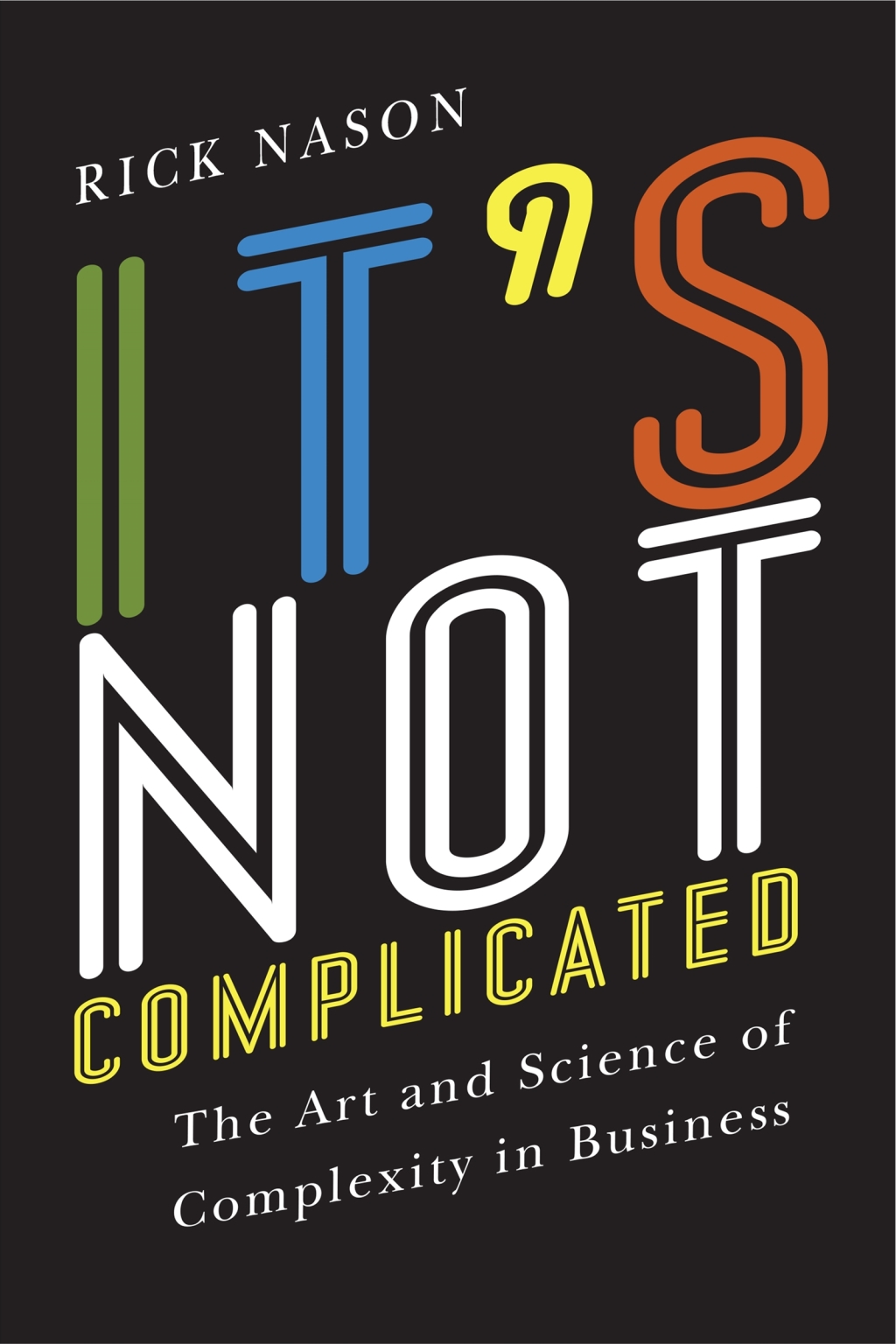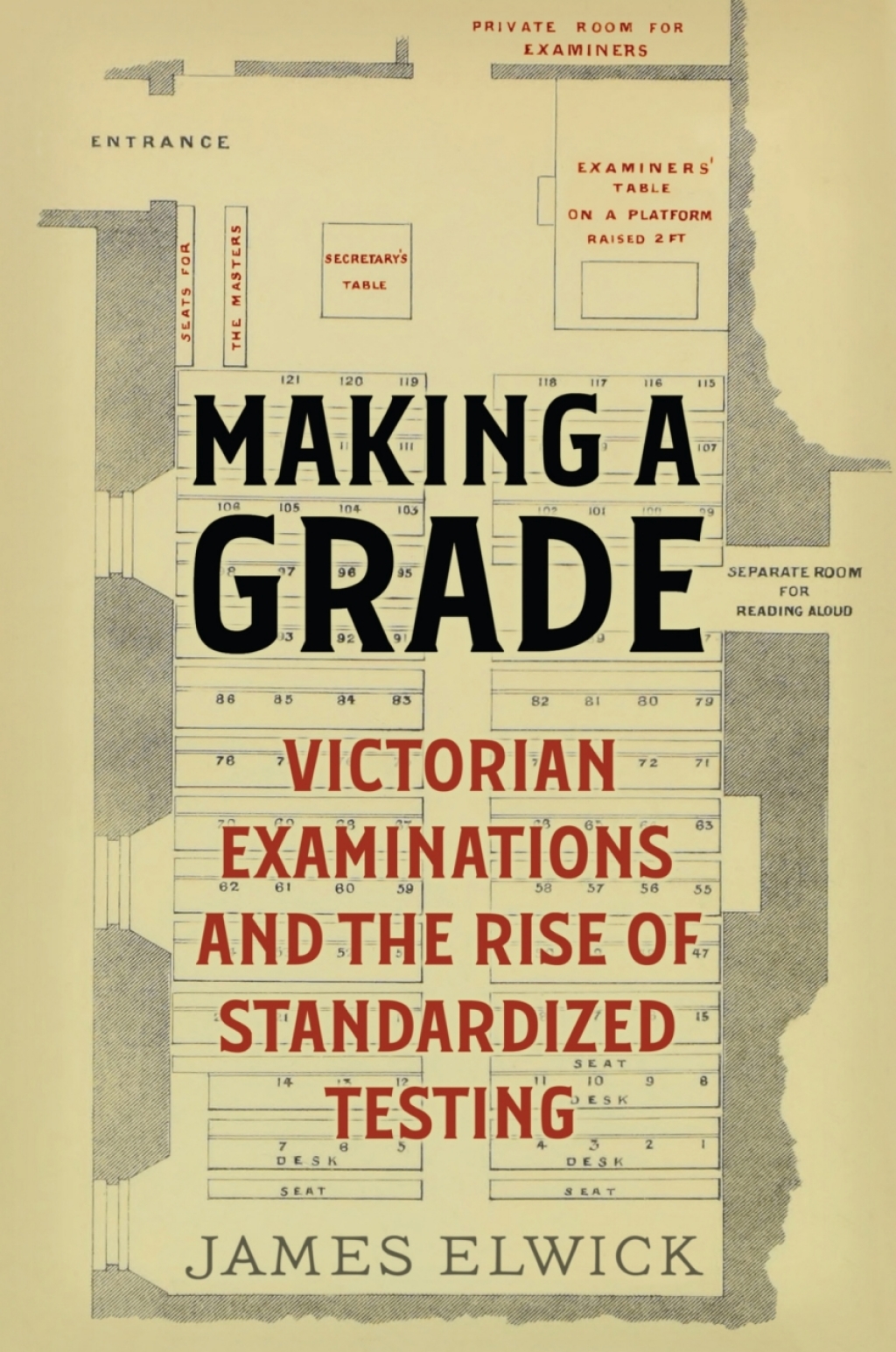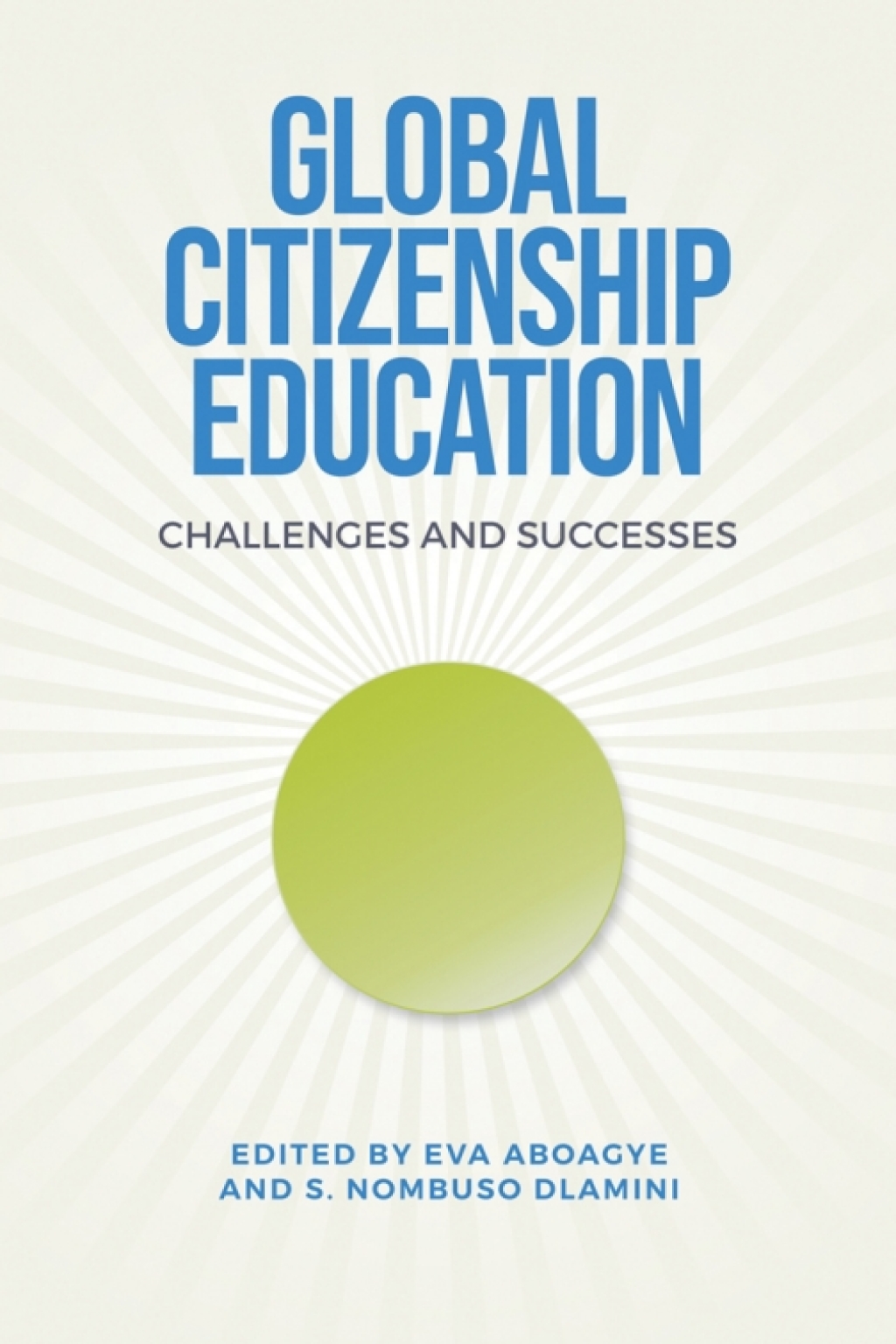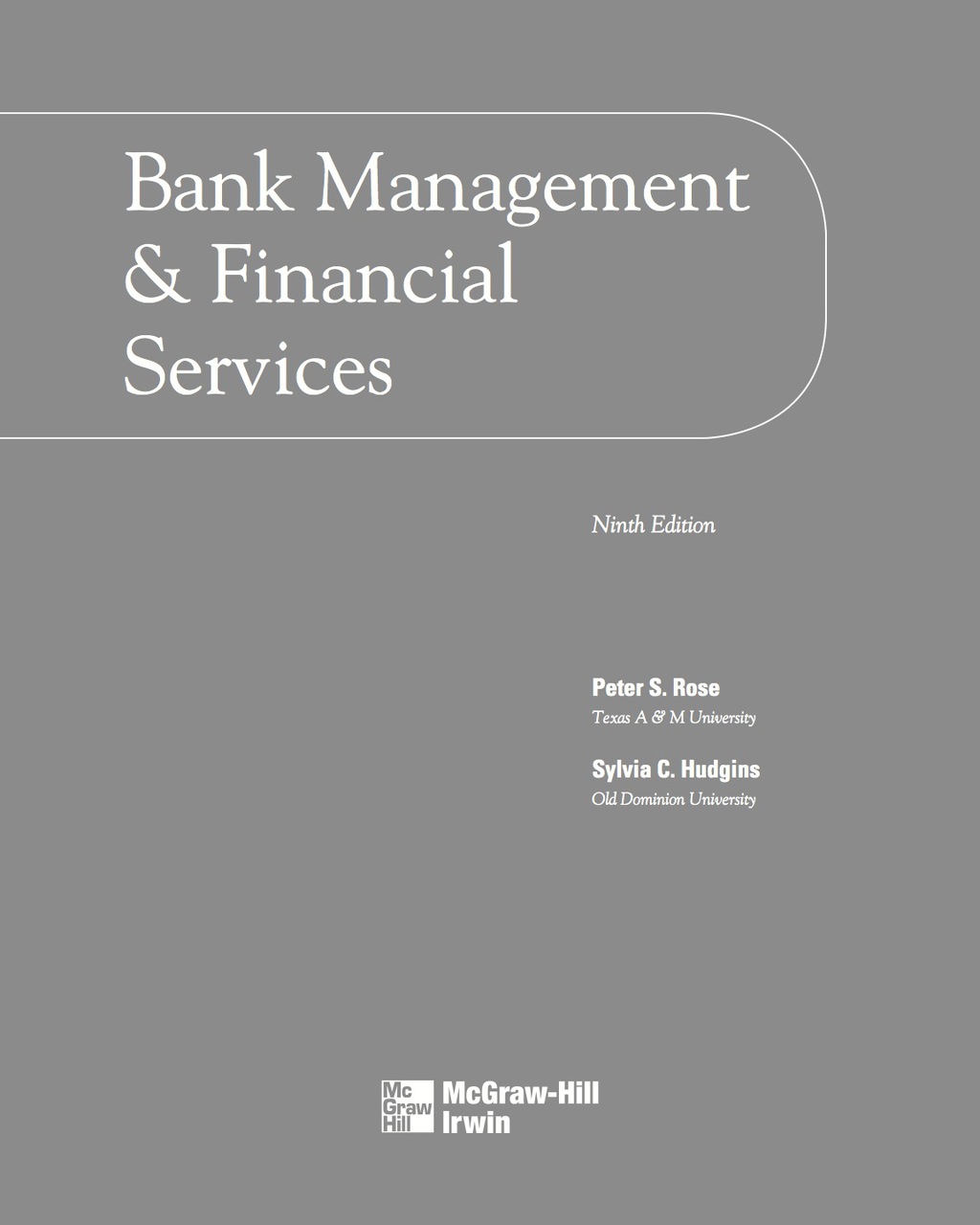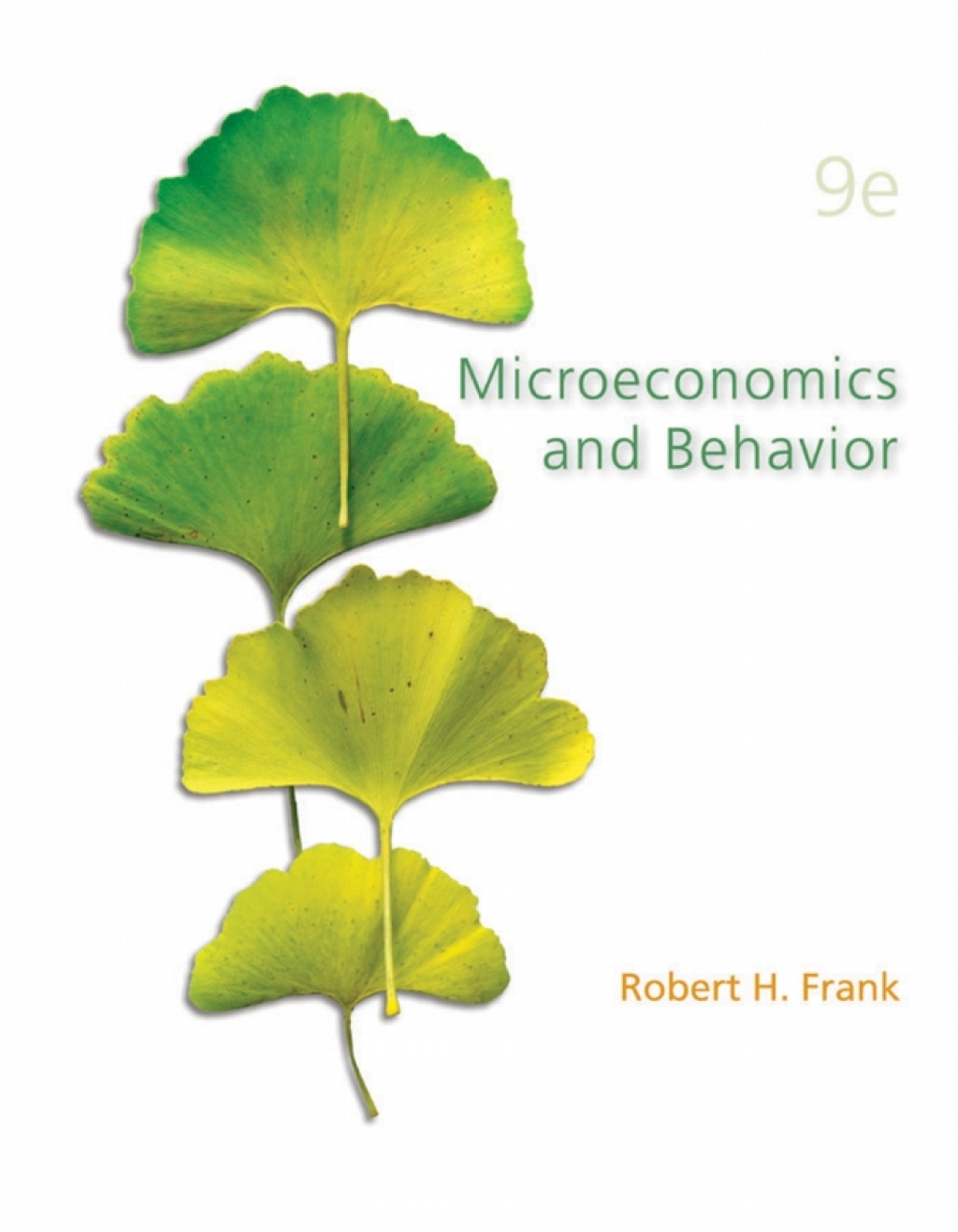Global Citizenship Education Challenges and Successes 1st Edition
Author(s):
Publisher: University of Toronto Press
ISBN: 9781487506377
Edition: 1st Edition
$39,99
Delivery: This can be downloaded Immediately after purchasing.
Version: Only PDF Version.
Compatible Devices: Can be read on any device (Kindle, NOOK, Android/IOS devices, Windows, MAC)
Quality: High Quality. No missing contents. Printable
Recommended Software: Check here
Important: No Access Code
Description
Description
The idea of citizenship and conceptions of what it means to be a good citizen has evolved over time. On the one hand, good citizenship entails the ability to live with others in diverse societies, and to promote a common set of values of acceptance, human rights, and democracy. On the other hand, in order to compete in the global economy, nations require a more innovative, autonomous, inventive, and reflective workforce, meaning good citizens are also those who successfully participate in the economic development of themselves and their country. At the same time, supporting citizens to realize their responsibilities beyond the nation has become important in this rapidly changing and interconnected world. These competing citizenship purposes often compel people to either ignore or act ambivalent to democratic and human rights values. That is, profit-driven labor exploitation, for instance, contradicts human rights and democratic tenants. Thus, global citizenship education is fundamental to teaching, learning and redressing sociopolitical, economic and environmental exploitation, globally.
Detailing its historical development to be recognized as a field of study, Global Citizenship Education provides a critical discourse on global citizenship education (GCE). Authors in this collection offer underpinnings of global citizenship education by discussing its contemporary theories and methodologies, and specific case studies that illustrate the application of GCE initiatives. Aboagye and Dlamini aim to motivate learners and educators in post-secondary institutions not only to understand the issues of social and economic inequality, political and civil unrest facing us, but also to take action that will lead to equitable change in local and global spaces.

